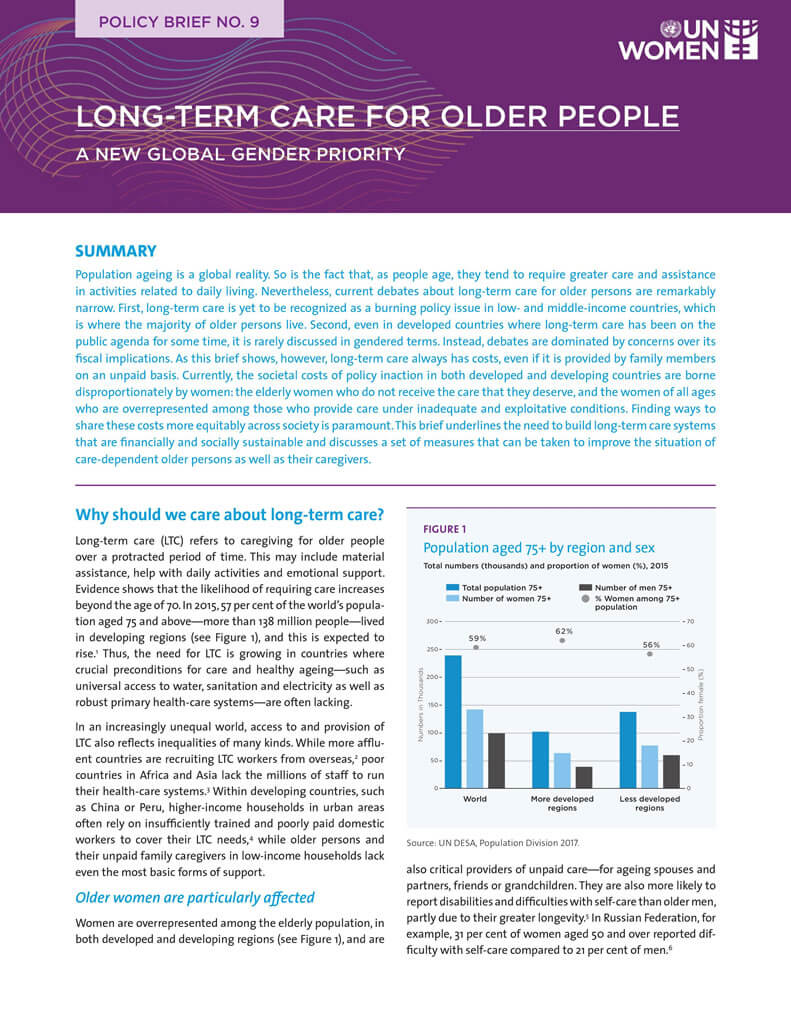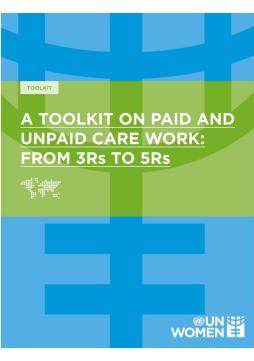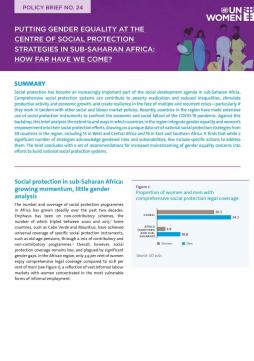Long-term care for older people: A new global gender priority
This brief synthesizes research findings, analysis and policy recommendations on the gender dimensions of long-term care for older people, and was produced for the UN Women policy brief series.
Population ageing is a global reality, and as people age, they tend to require greater care and assistance in activities related to daily living. Nevertheless, current debates about long-term care for older persons are remarkably narrow. First, long-term care is yet to be recognized as a burning policy issue in low- and middle-income countries, which is where the majority of older persons live. Second, even in developed countries where long-term care has been on the public agenda for some time, it is rarely discussed in gendered terms. Instead, debates are dominated by concerns over its fiscal implications.
As this brief shows, however, long-term care always has costs, even if it is provided by family members on an unpaid basis. Currently, the societal costs of policy inaction in both developed and developing countries are borne disproportionately by women: the elderly women who do not receive the care that they deserve, and the women of all ages who are overrepresented among those who provide care under inadequate and exploitative conditions. Finding ways to share these costs more equitably across society is paramount.
This brief underlines the need to build long-term care systems that are financially and socially sustainable and discusses a set of measures that can be taken to improve the situation of care-dependent older persons as well as their caregivers.









